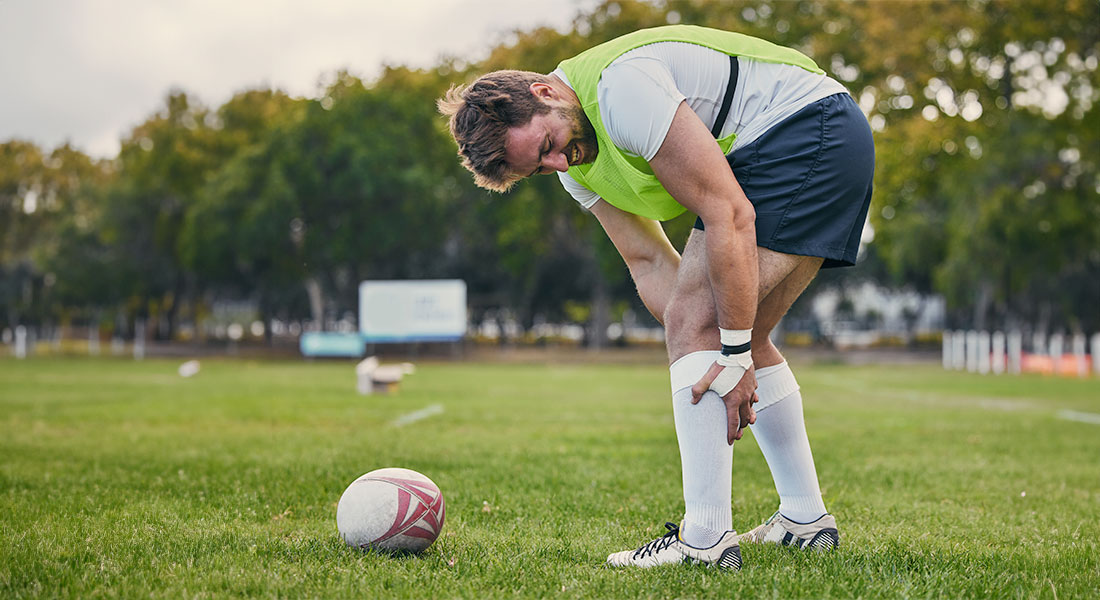Myotherapy can play a crucial role in the prevention, treatment, and rehabilitation of sports-related injuries.
Derived from the Greek word “myo,” meaning muscle, myotherapy particularly focuses on the assessment, treatment, and management of musculoskeletal pain.
Understanding Myotherapy
Myotherapy involves the therapeutic process of manipulating soft tissue structures, including muscles, tendons, ligaments, and fascia, to reduce pain, enhance performance, and facilitate rehabilitation. This practice employs a range of techniques such as deep tissue massage, dry needling, stretching, and joint mobilization.
Sports Injuries and Myotherapy
Athletes, whether amateurs or professionals, are prone to various injuries due to the repetitive and intense nature of sports.
Some common sports injuries that benefit from myotherapy include:
- Muscle strains: Overexertion or sudden movements can lead to muscle fibers tearing. Myotherapy helps in reducing muscle tension, promoting healing, and increasing blood flow to the affected area.
- Ligament sprains: Caused by the overstretching or tearing of ligaments, sprains can benefit from the therapeutic touch of a myotherapist to alleviate pain and inflammation.
- Tendonitis: Repeated motion in sports can lead to inflammation of the tendons, known as tendonitis. Myotherapy assists in breaking down scar tissue and facilitating the healing process.
- Shin splints: Common among runners, shin splints cause pain in the lower leg. Myotherapy techniques can help in reducing muscle imbalances and promoting proper biomechanics.
Benefits of Myotherapy for Athletes:
- Prevention: Regular myotherapy sessions can help identify potential problem areas and address minor issues before they become major injuries.
- Recovery: Post-injury, myotherapy accelerates the healing process by increasing blood circulation, reducing inflammation, and relieving muscle tension.
- Performance Enhancement: By maintaining optimal muscle tone and flexibility, athletes can boost their performance and reduce the risk of injury.
- Pain Management: Chronic pain or pain from previous injuries can be managed effectively with myotherapy, enabling athletes to train and compete with minimal discomfort.
Integration with Other Therapies
Myotherapy often complements other treatment modalities such as physiotherapy, chiropractic care, and exercise physiology. By integrating these treatments, athletes can achieve a holistic approach to their health and wellness, ensuring a faster and more effective recovery.
Sports-related injuries can be debilitating for athletes, hindering their performance and sometimes even their careers. Myotherapy offers a targeted approach to managing and treating these injuries, ensuring that athletes not only recover faster but also strengthen their bodies against future injuries. With the right guidance and consistent therapy sessions, athletes can remain at the peak of their game, enjoying their sport while maintaining optimal health.






